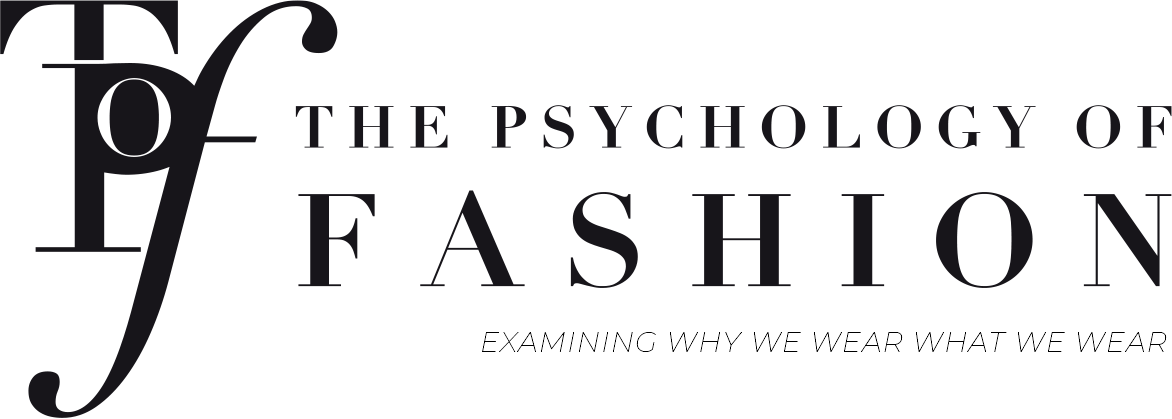“I wonder why no one thinks it’s strange that the fashion industry has caused women to voluntarily expose their nether regions in this way... Could you think of the mothers of sons the next time you go shopping and consider choosing jeans instead?” pleaded a mother of a student at the Catholic University of Notre Dame, Maryann White, who wrote into student newspaper the Notre Dame Observer in an Op-Ed titled “The Legging Problem”. White insists that the athleisure staple tempts men. “Leggings are so naked, so form fitting, so exposing”, she adds. The piece has since caused a bit of a media frenzy surrounding leggings, as well as several reactive pro-leggings protests at the school.
Notre Dame University in Indiana
It’s hard to grasp that White truly finds leggings so distracting, when there are so many other revealing garments on the streets and social media. Far from having sexual associations, it’s interesting she chose leggings to attack, and not, say short skirts. If we are to view this rather extreme take on leggings through the lens of psychology, it could be hypothesized that White suffers from the classic defense mechanism of projection. Perhaps, a part of her would like to also be able to wear leggings.
Debates about whether it’s appropriate to wear casual, form-fitting workout pants outside of the gym have been going on for years. And it seems that leggings have won, and are here to stay. Here are three reasons for their appeal:
1. They’re comfortable. OK, this one is obvious and not seemingly psychological, and yet it is. When we were children, we were able to priortize comfort more than we are now able to as adults. And because leggings are so comfortable, they trigger a youthful, unencumbered mindset. They are the antithesis of the businesswoman’s skirt suit and its associations with adulthood and responsibilities. Leggings have a special niche that contributes to their popularity: they’re comfortable clothes that aren’t as sloth-like as sweatpants - they retain a certain polish.
2. They put the leisure in athleisure. We‘re all keenly aware that having adequate the time to workout is a luxury. Wearing leggings, matcha latte in hand, implies that you, even if for just that afternoon, have that luxury. You feel good about this, and it radiates outward. More positive associations for leggings.
3. Through the principles of enclothed cognition, leggings put us in a healthier mindset. Enclothed cognition is a concept that describes the effects of clothing on cognitive processes – thinking, attention, language use, memory, perception, problem solving, and creativity. Northwestern University researchers Hajo Adam and Adam Galinsky, who coined the term, believe that what we wear can influence the state of our minds and mental performance, if we believe that the clothing holds symbolic meaning. It’s not a stretch to say that we as a society associate leggings with a healthier lifestyle, and that in wearing them we would make healthier decisions than if we were to wear more forgiving, baggier-fitting sweatpants. Now that’s a concept with legs.












As news of PSYKHE’s launch spreads, The Psychology of Fashion and PSYKHE’s founder Anabel Maldonado sat down with editors at Forbes and WWD to discuss the platform, the journey and why the world needs personalization powered by AI and psychology.